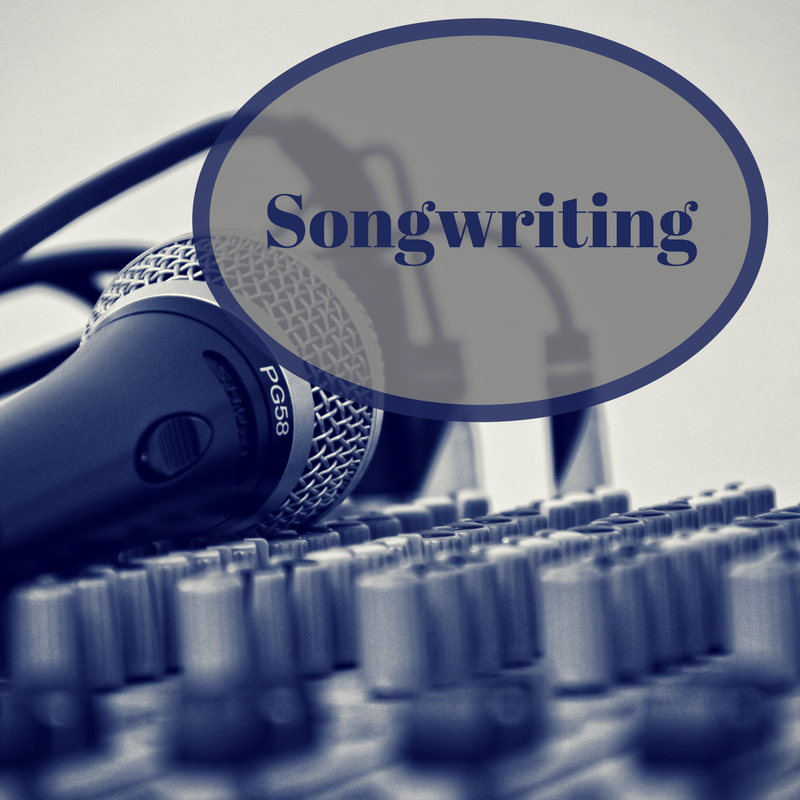
Writers Chat Recap for January, Part 2
Writers Chat, hosted by Jean Wise, Johnnie Alexander, and Brandy Brow, is the show where we talk about all…
January 30, 2021
Writers Chat, hosted by Jean Wise, Johnnie Alexander, and Brandy Brow, is the show where we talk about all…
January 30, 2021
As a writer, one thing that almost everyone will agree and accept is the fact that without inspiration, it…
October 13, 2019
So, you’ve written a great song using prosody, and you even wrote the music for it or had a…
February 28, 2019
Last month, we discussed writing a song from a premise, and how our premise will dictate what we want…
July 28, 2018
While brainstorming for this post, I remembered the song that inspired the climax for my first screenplay over a…
June 9, 2018
I am not a music critic – that would be a dream job for me, to listen to music…
December 27, 2017
When we think of creative writing, we often think of novels, short stories, poetry, or even screenplays. But perhaps…
December 27, 2017
[vc_row][vc_column][vc_column_text]The steamer which crossed the Pacific from Yokohama to San Francisco made a direct connection with that from Hong…
May 20, 2017
[vc_row][vc_column][vc_column_text]The steamer which crossed the Pacific from Yokohama to San Francisco made a direct connection with that from Hong…
May 1, 2017
[vc_row][vc_column][vc_column_text]The steamer which crossed the Pacific from Yokohama to San Francisco made a direct connection with that from Hong…
April 5, 2017
[vc_row][vc_column][vc_column_text]The steamer which crossed the Pacific from Yokohama to San Francisco made a direct connection with that from Hong…
March 1, 2017
[vc_row][vc_column][vc_column_text]The steamer which crossed the Pacific from Yokohama to San Francisco made a direct connection with that from Hong…
February 14, 2017
[vc_row][vc_column][vc_column_text]The steamer which crossed the Pacific from Yokohama to San Francisco made a direct connection with that from Hong…
January 4, 2017
Are you interested in trying to write poetry for the first time? Or maybe you’ve been writing poetry but…
June 5, 2016
One unique attribute of poetry is the way it sounds. Using special techniques, such as alliteration, can bring your poems to life…
March 5, 2016